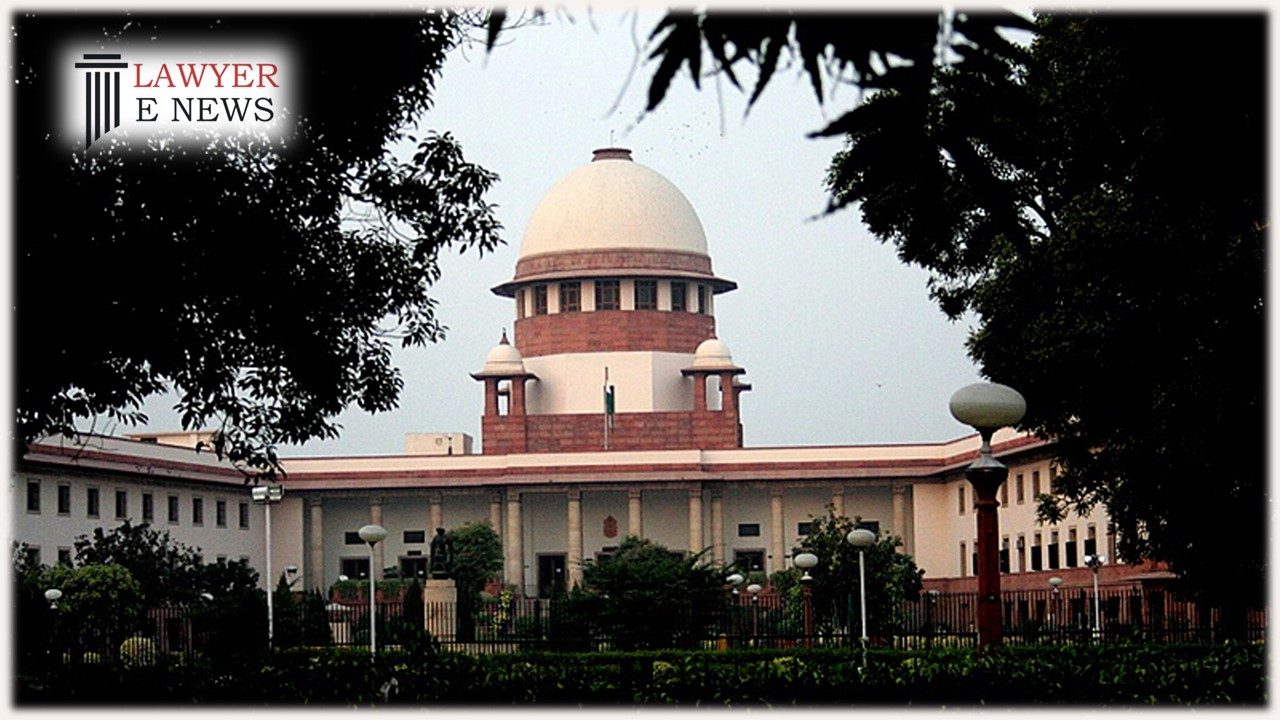-
by Admin
16 February 2026 1:47 PM



In a significant judgment, the Supreme Court of India has ruled in favor of reinstatement value over depreciated value in a fire insurance claim case. The Court, comprising of Justices M. R. Shah and C.T. Ravikumar, quashed the judgment of the National Consumer Disputes Redressal Commission (NCDRC) and restored the order passed by the State Commission. The case reference is M/s Oswal Plastic Industries v. Manager, Legal Deptt N.A.I.C.O. Ltd., Civil Appeal No. 83 of 2023.
The dispute arose when M/s Oswal Plastic Industries, the appellant, filed an insurance claim under a Standard Fire and Special Perils Policy after a fire incident at their factory premises. The appellant claimed the value of the new machinery as compensation, while the insurance company argued for depreciated value instead. The surveyor appointed by the insurance company assessed the loss on the basis of both reinstatement value and depreciated value.
The State Consumer Disputes Redressal Commission initially awarded the appellant the reinstatement value based on the surveyor's report. However, the NCDRC modified the award, reducing it to the depreciated value and setting aside the compensation amount.
Justice M. R. Shah, delivering the judgment, observed that the interpretation of Clause 9 of Section 2 of the insurance policy was crucial in determining whether the appellant was entitled to the reinstatement value or the depreciated value. The clause provided the insurance company with the option to reinstate or replace the damaged property. If reinstatement was not possible, the company would be liable to pay the sum required for reinstatement.
The Court concluded that the NCDRC had misinterpreted Clause 9, noting that the insurance company's inability to reinstate or repair the property meant the appellant was entitled to the reinstatement value. The NCDRC's decision to award depreciated value was deemed unsustainable, and the State Commission's order was restored.
The judgment emphasized the importance of interpreting insurance policy provisions to uphold the reasonable expectations of the parties involved. The Court cited the Canara Bank v. United India Insurance Company Limited and Ors. case, where it was held that coverage provisions should be broadly interpreted, with any ambiguity resolved in favor of the insured.
Supreme Court allowed the appeal, quashed the NCDRC's judgment, and awarded the appellant the reinstatement value of Rs. 29,17,500/- along with interest. The decision sets a precedent for similar fire insurance claims, affirming the importance of reinstatement value when determining compensation for property damage.
Date of Decision: January 13, 2023
M/s Oswal Plastic Industries vs Manager, Legal Deptt N.A.I.C.O. Ltd.
